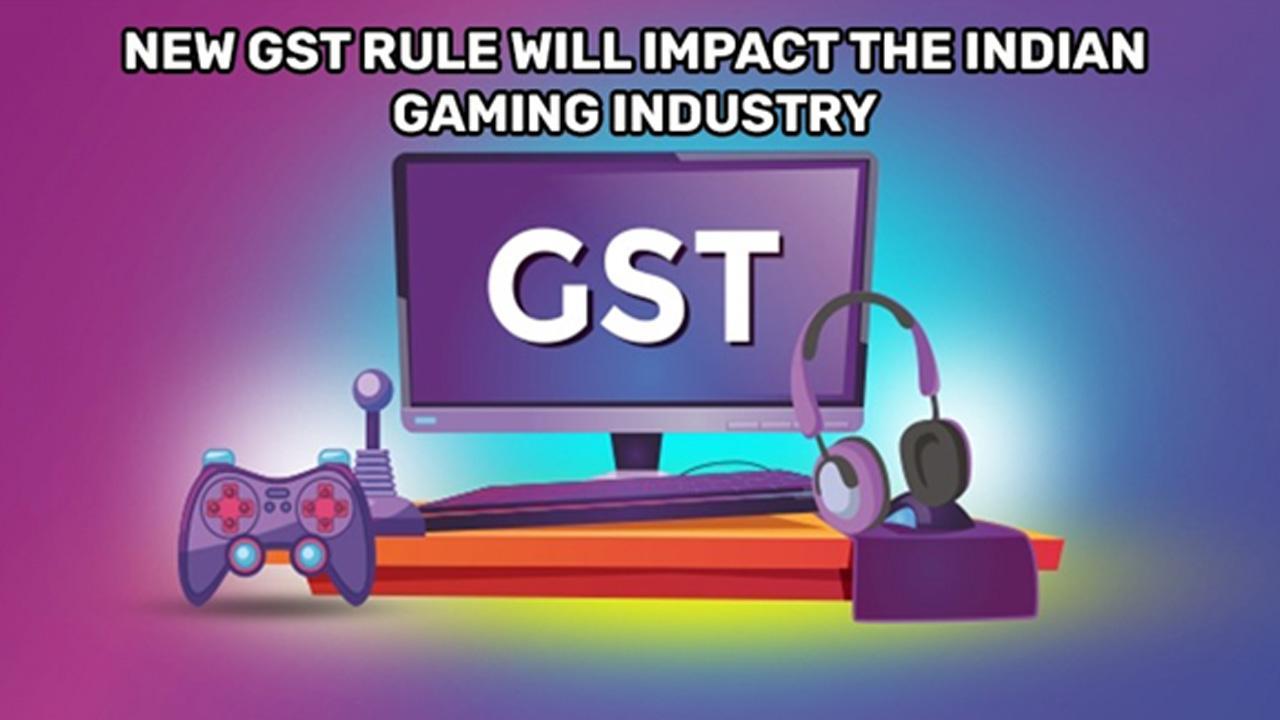The 28% GST is significantly higher than the 18% GST that was previously applied to online gaming.

ADVERTISEMENT
The Indian gaming industry is one of the fastest-growing in the world, with a market size of $2.8 billion in 2022 and expected to reach $5 billion by 2025. However, the recent decision by the GST Council to levy a 28% GST on online gaming, horse racing has raised concerns about the future of the industry.
Understanding the New GST Rules
The 28% GST is significantly higher than the 18% GST that was previously applied to online gaming. This means that gaming companies will have to pass on the higher costs to their players, which could lead to a decline in the number of players and the amount of money that they spend.
In addition, the 28% GST is applied to the entire amount of money that is wagered in a game, regardless of whether the player wins or loses. This means that players will have to pay tax on their winnings, even if they only win a small amount of money.
The combination of higher costs and higher taxes could make online gaming less attractive to players, which could have a negative impact on the growth of the industry. In the worst-case scenario, the new GST rule could even lead to the closure of some gaming companies.
However, it is important to note that the 28% GST is not the only factor that will affect the future of the Indian gaming industry. Other factors, such as the growth of the mobile gaming market and the increasing popularity of esports, could help to offset the negative impact of the new GST rule.
Overall, the new GST rule is a major challenge for the Indian gaming industry. However, the industry is still in its early stages of growth, and it is possible that it will be able to adapt to the new tax regime. Only time will tell whether the new GST rule will destroy the Indian gaming industry or simply slow down its growth.
Here are some of the potential impacts of the new GST rule on the Indian gaming industry:
1. Increased competition from International gaming platforms
The new GST rule could make it more difficult for Indian gaming companies to compete with international gaming platforms, which are not subject to the same taxes. Indian Gamers will be inclined towards online games like Teen patti etc.
2. Increased costs for gaming companies
The 28% GST will increase the costs for gaming companies, which could lead to higher prices for players.
3. Reduced player spending
Higher prices could lead to reduced player spending, which could in turn lead to lower revenues for gaming companies.
4. Decreased investment in the industry
The higher costs and lower revenues could make the Indian gaming industry less attractive to investors, which could lead to a decrease in investment in the industry.
It is still too early to say what the long-term impact of the new GST rule will be on the Indian gaming industry. However, the rule is likely to have a significant impact on the industry in the short term. Till then, the online 3 Patti real money app is the best way to play your favorite game for real stakes.
The gaming industry is a major contributor to the Indian economy, and it is important to ensure that the industry is able to continue to grow and thrive. The government should consider reviewing the new GST rule in order to minimize its negative impact on the industry.
The new GST rules will undoubtedly impact the Indian gaming industry, causing ripples across companies, consumers, and other stakeholders. While there may be short-term challenges, the industry has shown resilience in the past and can adapt to the changing landscape. The key lies in effective implementation, clear guidelines, and continued dialogue between the government and the gaming community to ensure the sustainable growth of this thriving sector.
Disclaimer: The views and opinions expressed in this sponsored article are those of the sponsor/author/agency and do not represent the stand and views of Mid-Day Group.Mid-Day Group disclaims any and all liability to any party, company or product for any direct, indirect, implied, punitive, special, incidental or consequential damages arising directly or indirectly from the use of this content.
 Subscribe today by clicking the link and stay updated with the latest news!" Click here!
Subscribe today by clicking the link and stay updated with the latest news!" Click here!







